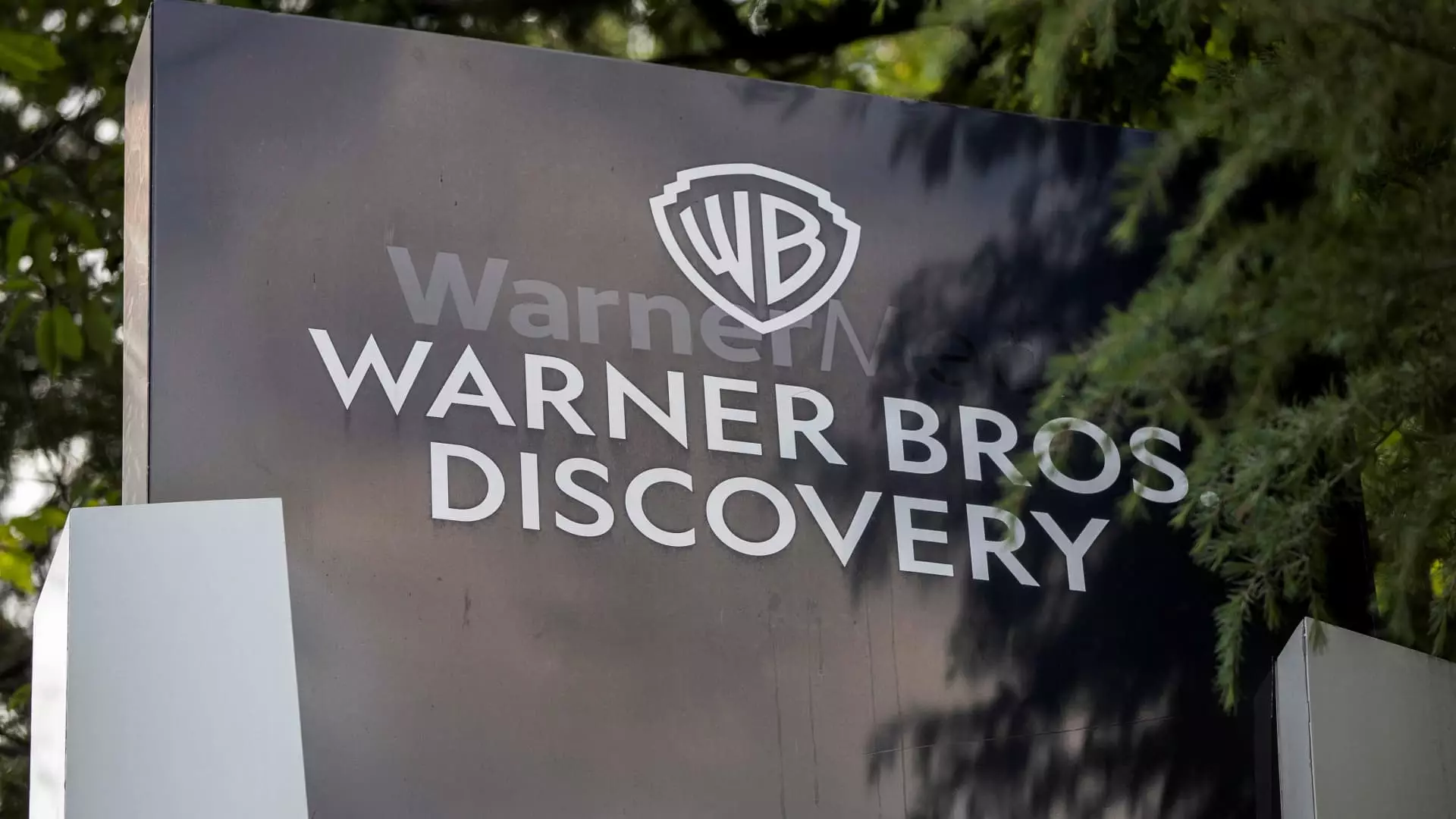Two directors of Warner Bros. Discovery, Steven Miron and Steven Newhouse, have decided to resign from their positions following a U.S. Department of Justice investigation into a potential antitrust violation. This development comes after both directors were appointed in April 2022 as part of the WarnerMedia and Discovery merger. The investigation is centered around whether their roles on the board violated Section 8 of the Clayton Antitrust Act, which prohibits individuals or companies from serving on the boards of competitors simultaneously.
Details About the Directors
Steven Miron, the CEO of privately held media company Advance/Newhouse Partnership, and a senior executive officer at Advance, has been one of the directors under scrutiny. Meanwhile, Steven Newhouse serves as co-president of Advance. Both directors’ terms on the Warner Bros. board were scheduled to conclude in 2025. Despite neither director admitting any wrongdoing, they chose to voluntarily resign from their positions in light of the DOJ’s investigation.
Rather than engaging in a legal battle with the DOJ, Miron and Newhouse made the decision to step down immediately. In a statement, Newhouse expressed disappointment at leaving the board but emphasized the importance of doing what is best for Warner Bros. Discovery. The company acknowledged the contributions of the departing directors and highlighted their significant shareholdings in the company.
DOJ’s Perspective on the Matter
According to the DOJ, the conflicting company in question is Charter, a media company based in Connecticut that offers video distribution services similar to Warner Bros.’ streaming platform, Max. The presence of Advance representatives on both Warner Bros.’ and Charter’s boards raised concerns about potential anticompetitive behavior. Deputy Assistant Attorney General Michael Kades of the Justice Department’s Antitrust Division emphasized that Section 8 of the Clayton Act aims to promote fair competition by preventing shared directorships among competitors.
The DOJ’s intervention in this case is seen as a positive step for consumers, as it underscores the importance of maintaining competitive dynamics in the marketplace. By addressing potential conflicts of interest and promoting a level playing field, regulatory actions like these serve to protect consumer interests by encouraging companies to compete on merit rather than through unfair advantage. This development also highlights the significance of regulatory oversight in ensuring a fair and open business environment.
The resignation of Warner Bros. Discovery directors amid an antitrust investigation emphasizes the need for transparency and compliance with regulations to uphold market integrity and protect consumer welfare. As companies navigate complex mergers and partnerships, maintaining adherence to antitrust laws is crucial to fostering a competitive landscape that benefits all stakeholders.

